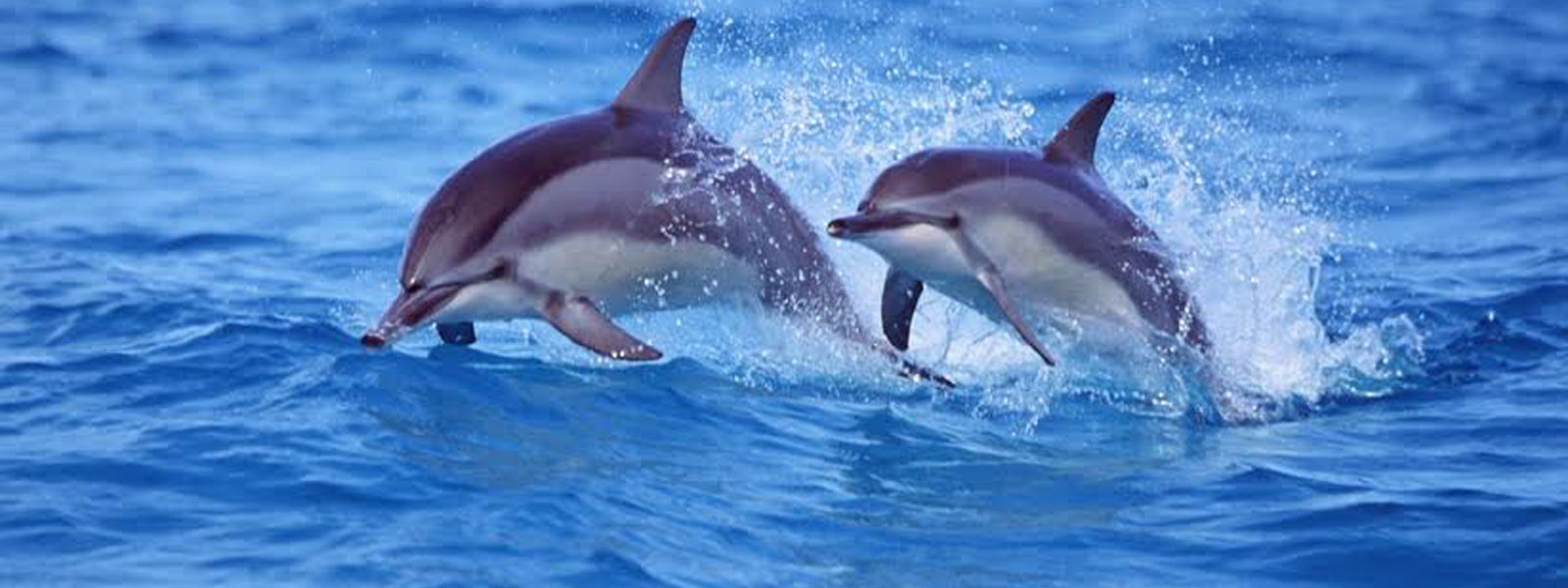

The lawsuit concerning the proposed import of 18 beluga whales captured in Russia reaches a climax on August 14th, when a federal judge in Atlanta will hear arguments on the case from Georgia Aquarium, Inc., the U.S. National Marine Fisheries Service (NMFS), and a coalition of environmental and animal welfare organizations. The coalition, which includes Earth Island Institute’s International Marine Mammal Project, intervened in the case as defendants in support of NMFS, which denied Georgia Aquarium’s import permit application.
In 2012, Georgia Aquarium applied to NMFS for a permit to import the 18 belugas. Georgia Aquarium intends to share the belugas with the three SeaWorld Entertainment, Inc. parks in California, Texas and Florida, and the Shedd Aquarium in Chicago.
The record of aquariums maintaining healthy beluga whales in captivity is poor. The application by the Georgia Aquarium claims that belugas live as long in captivity as in the wild and that high mortality of belugas in captivity “largely ceased by 1995.” Yet, two of nine captive belugas held at the Georgia Aquarium, according to NMFS records, died in captivity at the Georgia Aquarium in 2007. In fact, of 34 belugas that have died in captivity in these six aquariums, 25 have died since 1995 (not counting two that died in 1995). In total, of 71 belugas that have been held by these six aquariums (and often transferred between them) seeking the import permit, 34 have died in captivity—almost 48% of them. The 18 belugas, if imported, would likely face a stressful life in captivity and many of them may die young.
NMFS offered the public the opportunity to comment on the import permit application, and the agency was overwhelmed with about 9,000 responses, the vast majority of which opposed the issuance of the permit. Strong opposition was also expressed at the hearing on the application held by NMFS, in spite of the appearance of people paid by Georgia Aquarium to show up at the hearing to try and prevent opposition and the general public from being present.
The U.S. Marine Mammal Protection Act (MMPA) only allows marine mammals to be imported for the purpose of public display if a proposed import is fully consistent with the purposes of the MMPA, which are to protect and conserve marine mammals, and strict regulatory criteria. NMFS cited three reasons for denying the application under the MMPA:
• The agency could not determine that the import, by itself or in combination with other activities, would not have a significant adverse impact on the Russian stock of belugas from which the 18 whales were taken, given the stock’s “steady and significant decline over the past two decades” caused in part by the “ongoing live-capture trade since 1989.” The belugas were caught in the wild in the Russian Sea of Okhotsk.
• The import would likely result in the capture of additional belugas from this stock, beyond the 18 proposed for import, because issuance of this permit would result in replacement takes by the foreign shipping facility and “contribute to the demand to capture belugas from this stock for the purpose of public display worldwide.”
• Five of the beluga whales—estimated to be approximately 1.5 years old at the time of capture—were potentially still nursing and not yet independent at the time of capture.
This was the first time since Congress enacted the MMPA in 1972 that NMFS has denied an application for a permit to import marine mammals for public display. Georgia Aquarium subsequently sued NMFS in federal court in Atlanta, seeking to have a federal judge order NMFS to issue the permit.
Earth Island Institute’s International Marine Mammal Project intervened in the case as a defendant, joining a coalition of organizations that includes Animal Welfare Institute, Whale and Dolphin Conservation, and Cetacean Society International. This coalition has filed legal briefs in support of denial of the import permit application. In addition, prominent scientists, including Sylvia Earle and Jane Goodall, have filed amici curiae (friend of the court) briefs in support of NMFS.
On August 14th, attorneys for the parties will appear in Atlanta to argue the case. After this hearing, the court will issue its decision, which is expected to take several months.
What You Can Do:
Consider a donation to help Earth Island Institute continue to its efforts to prevent this and future proposed imports and protect beluga whales. This case may set an important precedent as to whether NMFS and the U.S. government can indeed protect whales and dolphins from exploitation by the public display industry.
Thank you for your support!

Photo of SeaWorld Beluga Whale by Mark J. Palmer/Earth Island Institute